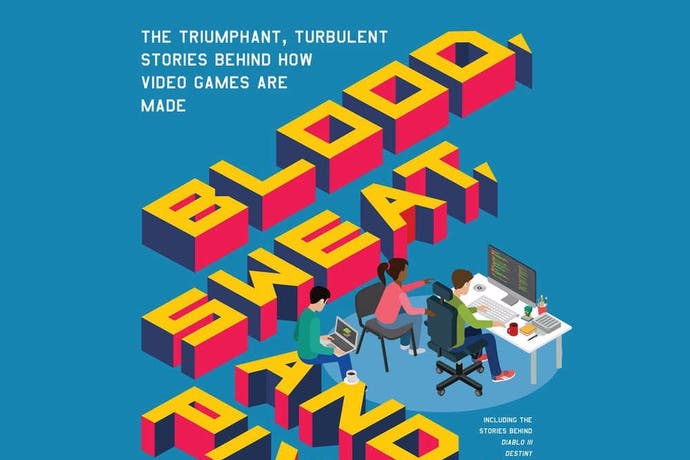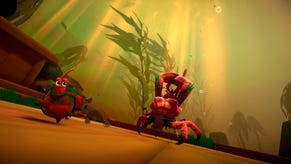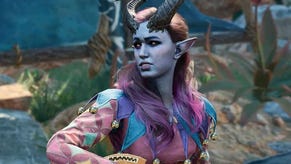Turbulent development of Destiny, Witcher 3, Uncharted 4 and more revealed in new book
"To some people at Bungie, this felt like a necessary hail Mary…"
A new book has revealed the turbulent development of some of the biggest games in recent times.

Blood, Sweat and Pixels, by Kotaku news editor Jason Schreier, tells the development stories behind the likes of Destiny, The Witcher 3, Dragon Age Inquisition and Uncharted 4.
Schreier has already done good work exposing the true story of Destiny's difficult development over at Kotaku, but the chapter on Bungie's shared-world shooter in his book reveals even more on what went on inside the studio.
There's fascinating detail on the various delays Destiny suffered as Bungie tore up the game's story and started again.
"To some people at Bungie, this felt like a necessary hail Mary, the type of last-minute drastic play that was oh so common in game development just as a project was nearing completion," Schreier writes.
"To others, including Joe Staten [former Bungie writer], it felt like suicide. '[Joe] made a big push for sanity and rationality,' said one former Bungie employee. 'He basically said, 'People, the supercut can be saved, [but] if we try to re-create the game in six months, it's going to make a lot of people miserable.' Staten's efforts failed, though, and by the end of the summer, he was gone."
On Uncharted 4, Schreier briefly discusses creative director Amy Hennig's departure from Naughty Dog and the resultant reboot of the game.
"... several people who have worked for Naughty Dog say Druckmann [Neil, creative director] and Straley [Bruce, creative director] stopped seeing eye-to-eye with Hennig, and that they had fundamental disagreements on where to take the Uncharted series," Schreier writes.
"When Hennig left, she signed a non-disparagement agreement with the studio that would prevent both her and Naughty Dog from making negative public comments about what had happened, according to people familiar with the arrangement."
And there's plenty of fascinating detail on the development of Dragon Age Inquisition. Bioware struggled with the Frostbite game engine, for example, and with having to make the game work on last and current-gen consoles.
"As 2014 went on, the Dragon Age Inquisition team made significant progress, although many of them wished they didn't have to ship on those clunky old consoles," Schreier writes.
"... early on, Darrah [Mark, executive producer of the Dragon Age franchise] and Laidlaw [Mike, senior creative director for Dragon Age] had decided not to add features to the next-gen versions that wouldn't be possible on the last-gen versions. They didn't want playing Inquisition on the PS3 and 360 to feel like playing a totally different game. That limited how much water they could put into their bucket, which meant the team had to find creative solutions."
If you've any interest in the way video games are made, Blood, Sweat and Pixels is well worth a read. The Kindle edition is out today (the paperback comes out in October) courtesy of publisher Harper Paperbacks. You can read the first few pages over on the Amazon listing.




.png?width=291&height=164&fit=crop&quality=80&format=jpg&auto=webp)


.png?width=291&height=164&fit=crop&quality=80&format=jpg&auto=webp)

